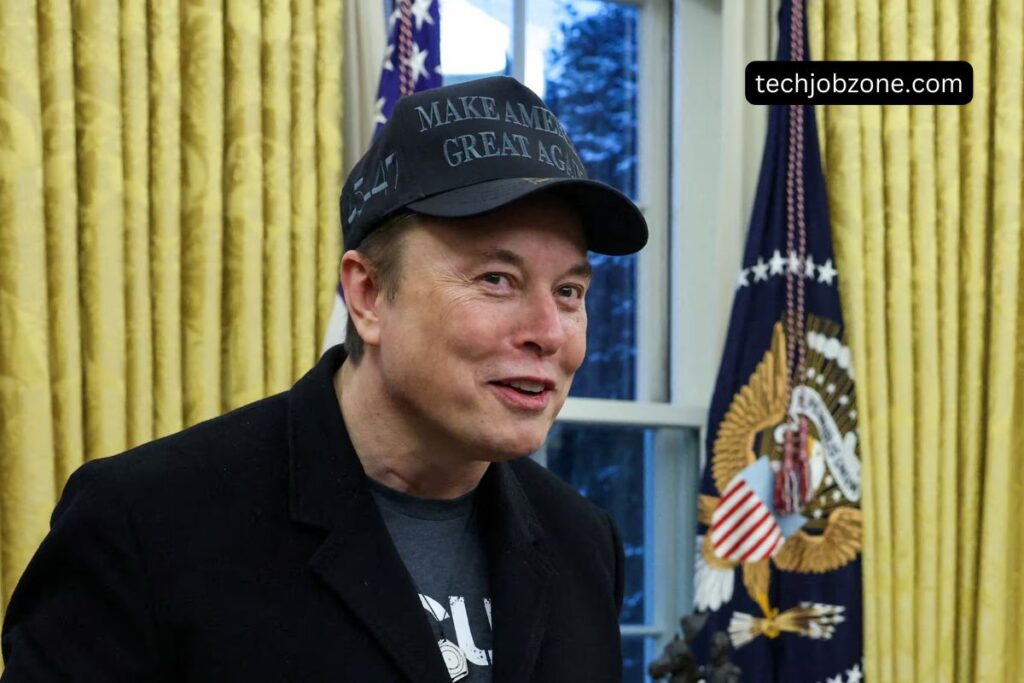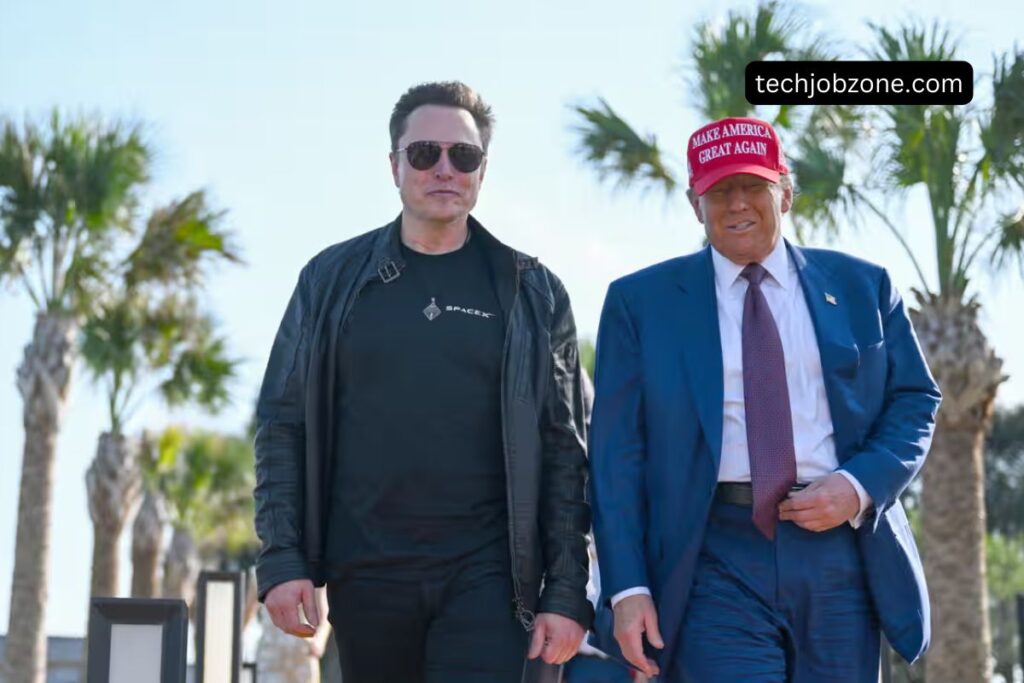Apple vs. UK: Encryption Battle Heats Up as Tech Faces Trump-Era Shifts
The tech world is buzzing with tension as Apple squares off against the UK government in a high-stakes showdown over encryption, while across the Atlantic,
Elon Musk and the tech industry revel in the fruits of a Trump-friendly administration. From digital privacy debates to deregulation wins, here’s the latest scoop on these seismic tech developments.
UK’s Encryption Backdoor Demand Sparks Controversy
The UK government, led by Prime Minister Keir Starmer, lobbed a bombshell at Apple in January, demanding a “backdoor” into its iCloud service. This would grant British law enforcement access to encrypted user data worldwide,
bypassing Apple’s robust security measures. Apple, a longtime champion of privacy with its “Privacy. That’s iPhone” mantra, didn’t flinch. Last week, the company countered by scrapping its Advanced Data Protection (ADP) feature for UK users entirely.
ADP, powered by end-to-end encryption, ensures only the account holder can access their iCloud data—like photos, documents, and more. By pulling it from the UK, Apple has left users there more exposed to hackers and data breaches, a move the company says it was “forced” into.
Read Also: MacBook Air M4 Leak Exposed: Is This Apple’s Most Powerful Air Yet?
Xiaomi’s First AI PC Revealed: Is the REDMI Book Pro 2025 a Game-Changer?
But here’s the twist: this also means Apple can now share that data with law enforcement if served a warrant, sidestepping the need for a backdoor. It’s a clever volley that puts the ball back in Starmer’s court—will he push harder or fold under the pressure of weakened security for millions?
This isn’t Apple’s first rodeo. Back in 2016, it famously took the U.S. government to court—and won—over a similar demand to unlock an iPhone. Privacy remains a cornerstone of Apple’s brand, and this latest clash underscores how fiercely the tech giant will defend it.
What This Means for Privacy and Tech
Apple’s decision flips the script on the UK’s request, but it’s not without fallout. UK iPhone users now face a less secure iCloud, potentially making them targets for cybercriminals. Globally, the move sends a loud message: Apple won’t compromise its encryption standards, even if it means pulling features from certain markets. For Starmer’s government, it’s a Pyrrhic victory—they get access via warrants, but not the unrestricted backdoor they wanted.

The bigger picture? This tussle highlights the ongoing tug-of-war between government surveillance and personal privacy in the digital age. Tech companies like Apple argue that backdoors weaken security for everyone, opening the door to malicious actors. Governments, meanwhile, insist they need access to fight crime and terrorism. Where do you stand on this debate? Drop your thoughts in the comments below!
Musk’s Power Play: Trump’s Tech Ally Faces Rare Pushback
Meanwhile, Elon Musk is making waves in the U.S., wielding influence as Donald Trump’s right-hand man in a mission to slash government bureaucracy. Over the weekend, Musk emailed every federal employee, demanding a list of their weekly accomplishments—or face termination. It’s a bold move reminiscent of his X takeover tactics, and it’s part of his role leading the so-called Department of Government Efficiency (DOGE).
Musk’s crusade has already axed 20,000 federal jobs, with 75,000 more opting for buyouts, according to the White House. But not everyone’s on board. Surprisingly, some Republican agency heads—like FBI Director Kash Patel and Secretary of State Marco Rubio—told their staff to ignore Musk’s email. Even the Department of Defense pushed back, asserting it’ll handle its own performance reviews. Musk fired back on X, suggesting dissenters find new jobs.
This rare GOP resistance hints at cracks in Musk’s unchecked power, though Democrats have struggled to mount a stronger defense. With Trump egging him on, tweeting that Musk should “get more aggressive,” the billionaire’s influence seems unshakable—for now.
Tech’s Trump Dividend

Trump’s presidency is already delivering for the tech industry, fueled by hefty campaign investments from Silicon Valley. In just one month, his administration has dropped lawsuits against Musk’s SpaceX and crypto giant Coinbase, signaling a deregulatory bonanza. The Justice Department shelved a discrimination case against SpaceX, while the SEC backed off Coinbase, a win crypto enthusiasts are cheering as a game-changer.
Artificial intelligence is also getting a boost, with Trump rolling back Biden-era AI safety rules and slashing oversight. Silicon Valley CEOs, who’ve long griped about regulatory red tape, are popping the champagne. Musk, naturally, is a prime beneficiary, with his DOGE initiative driving the charge to loosen tech-sector rules.
But there’s a flip side: the Federal Trade Commission’s new probe into “big tech censorship” feels like a veiled threat—play nice with Trump, or else. It’s a reminder that deregulation comes with strings attached.
Read Also: Musk’s Wild Email Shakes USDOT: Tech Fix or Total Meltdown Ahead?
Musk’s Young Tech Geniuses Are Rewiring the Government—Love It or Fear It?
The Road Ahead for Tech in 2025
These twin stories—Apple’s encryption standoff and Trump’s tech-friendly pivot—paint a picture of an industry at a crossroads. Privacy battles are heating up globally, while in the U.S., deregulation is unlocking new opportunities (and risks). For Apple, the UK saga could set a precedent for how it handles similar demands elsewhere. For Musk and Trump’s tech allies, the honeymoon phase is sweet, but GOP pushback and public scrutiny could complicate their plans.
What’s next? Will Starmer double down on his encryption push? Can Musk keep his momentum amid growing resistance? And how will tech juggle innovation with privacy in this shifting landscape? Stay tuned—and let us know your predictions in the comments!

